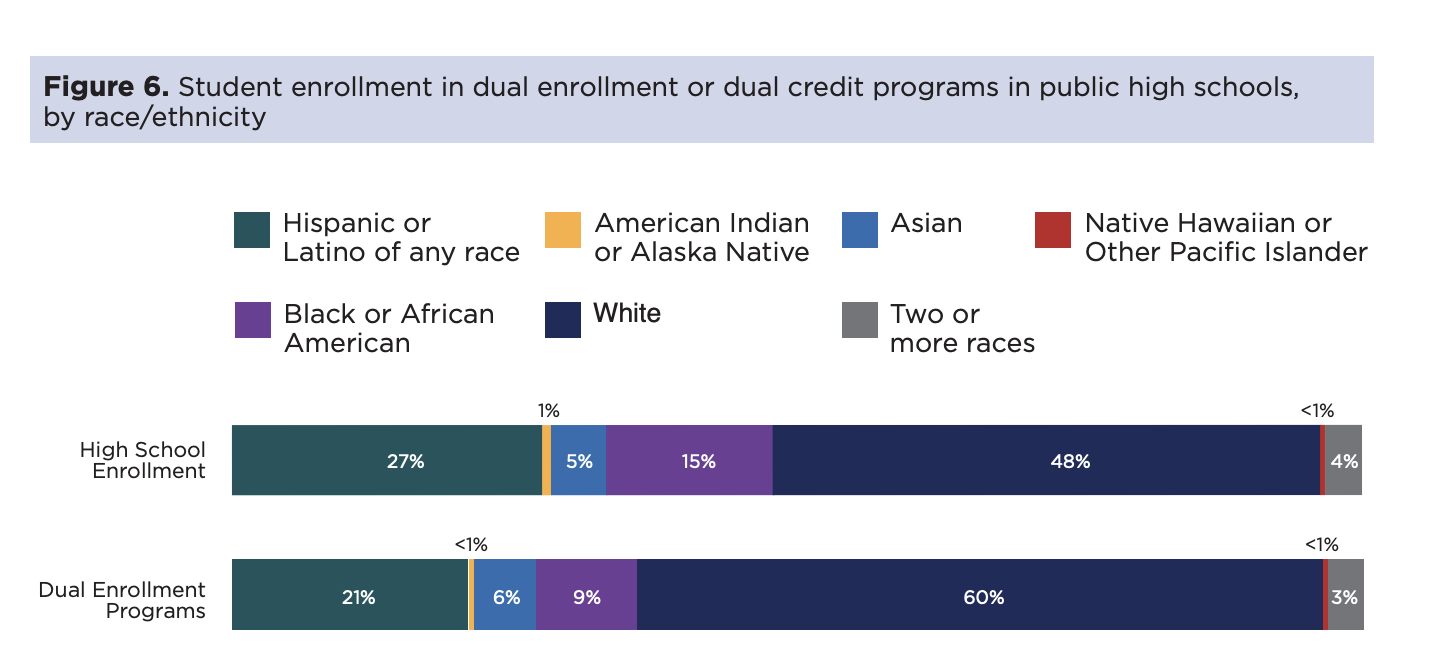FYI from BSF, 12.1.23
Right before Thanksgiving, the federal government released its Civil Rights Data Collection (CRDC) report for the first time since 2017. With survey data covering nearly every public school in America, it provides a snapshot in time, specifically the 2021 school-year when the data was collected.
As a civil rights tool, its power comes not in summation, but in disaggregation. The data reveals continued, deep racial divides in nearly every category.
For example, access to advanced coursework.
Access to evidence-based programs like early college.
Student discipline.
On this last point, recently released Massachusetts data implies the Commonwealth and Boston are making more headway than their national peers.
With the well-researched negative effects of out-of-school suspensions and an updated law in 2012, rates of suspension began to drop dramatically.
In Boston, they fell nearly 50%.
Note the precipitous drop in 2021 seen here, across Massachusetts, and across the country due the high rates of remote schooling that year.
Although disparities remain in Boston and Massachusetts data, gaps narrowed, with the declines in suspensions applying to every subgroup.
This is welcome news at a time when schools are struggling to get school attendance back to pre-pandemic levels.
At the same time, discipline incidents often catch the media’s attention and families and educators have real concerns about student behavior and safety. How can this be true while reported student discipline is declining?
Part of the answer may be in the same data. While suspensions declined, another disciplinary action dramatically increased: “emergency removals,” when a school immediately and temporarily excludes a student from school due to safety concerns.
Black students and students with disabilities were most likely to be cited for emergency removal, nearly twice the average rate for the district.
All of these big numbers contain a multitude of singular decisions, mostly at the discretion of adults - what classes to offer to whom, who gets to sign up for early college, who can take Computer AP, what gets you sent home and what doesn’t, what data gets reported and what doesn’t, etc.
As difficult as it is to pore through disparities, it comes with a silver lining: schools have direct control to change a lot of it.
notes in the margin
This week brought changes to two BPS proposals: the timeline for inclusion and reconfiguring the Gardner in Brighton.
Deep dive on how race and class affect reading interventions.
Even with the supplemental state budget seeming destined for the finish line, funding for early education and METCO remain in limbo. Oscillating inflation and deflation could lead to funding issues next year.
What “greening” a school building looks like with federal and state funding.
What is the value of expanding Advanced Placement?
With Massachusetts data available any day now, New Hampshire is reporting a continued decline in its student population (in spite of an overall population increase).







